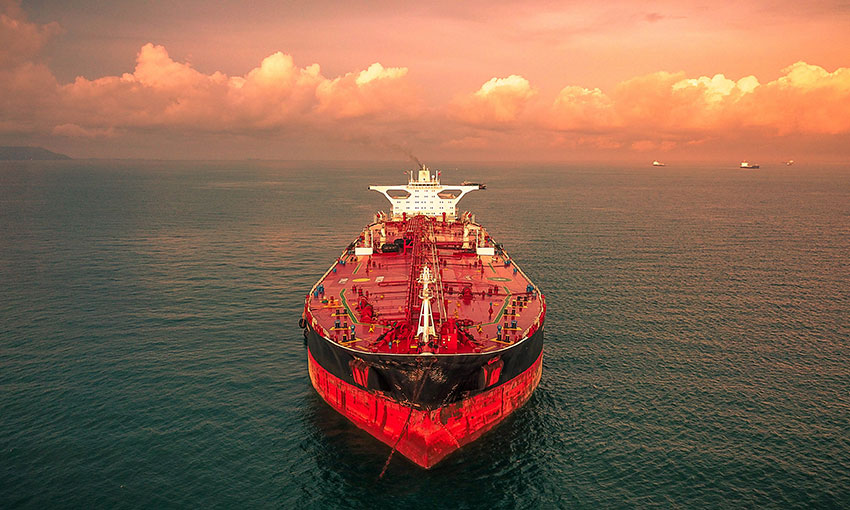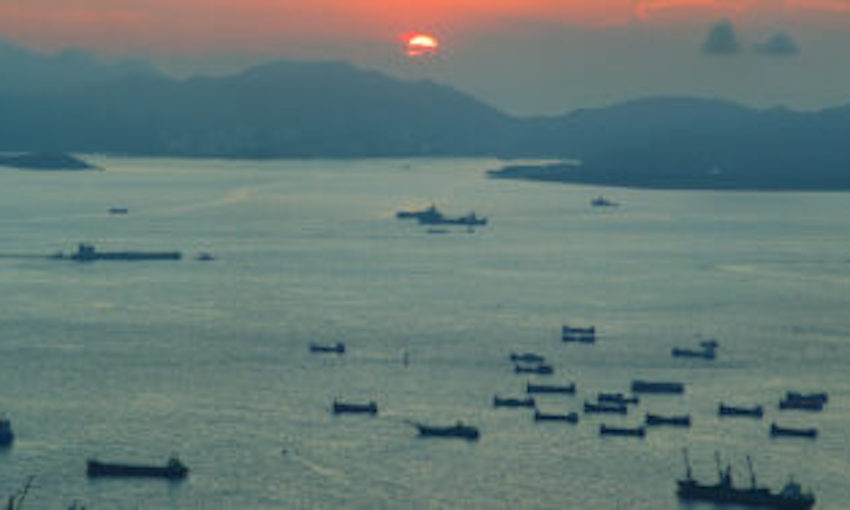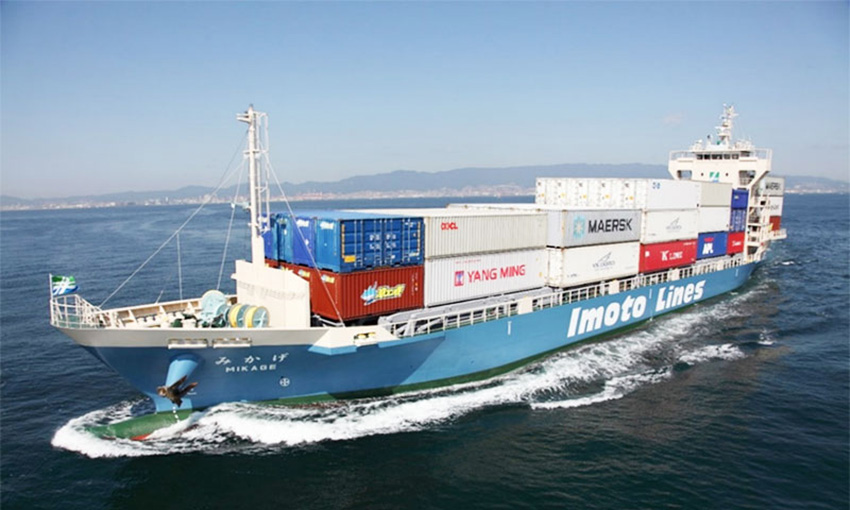YARA Marine Technologies has concluded trials of an AI-based semi-autonomous voyage planning system.
The so-called Via Kaizen project looked at a how AI and machine learning could enable more energy-efficient voyage planning for ship operators.
The maritime technology company worked alongside AI application developer Molflow and the Swedish universities of Chalmers, Halmstad and Gothenburg.
The three-year project used existing technology with an aim to enable a higher degree of digitalisation and automation in vessel operations.
Yara Marine’s propulsion optimisation system FuelOpt and performance management and vessel data reporting tool Fleet Analytics were among the tools used in the project. It also involved Molflow’s vessel modelling system Slipstream.
The system developed as an outcome of the project was trialled on a pure car and truck carrier and a product tanker.
Project partners said the results indicated energy efficiency had been optimised, based on the vessels’ estimated times of arrival. One of the two vessels decided to keep using the system.
“The Via Kaizen project speaks directly to where shipping is at the moment – where the intersections of digitalisation, decarbonisation and crewing determine our success in addressing climate change,” Yara Marine Technologies head of vessel optimisation Mikael Laurin said.
“The use of AI and machine learning to plan and predict energy-efficient voyages has significance for an industry looking to lower emissions while addressing rising fuel costs.
“Similarly, new technologies can streamline operations but require collaboration and buy-in from stakeholders across the board, necessitating crew familiarisation and training, proactive design, and new corporate strategies.
“As a result, the insights and information gained from the project carry broader significance for our industry’s future.”
Project partners said the Via Kaizen trial demonstrated how incorporating machine-learning algorithms for improved predictive modelling of ship propulsion power could result in more accurate performance forecasting and optimisation.
They said it showed that crews and management every needed opportunity to engage with AI-powered ship operation support technology.
“The Via Kaizen project afforded an invaluable opportunity to explore and advance industry understandings of the role big data, data handling and model development can play in supporting lower emission strategies and maximized fuel efficiencies,” Molflow CEO Joakim Möller said.
“Recent advances in vessel data tracking and analysis, weather information, and more can be used to gauge where operations have the potential to be streamlined.
“As the maritime industry seeks to utilise good data to inform decision-making, AI and machine learning can play a key role in processing and simplifying available data for clear, actionable outcomes.”
University participants highlighted the need to invest in seafarer support for digitalisation and decarbonisation.
The Swedish Transport Administration Trafikverket funded the three-year project.
Now that the project has concluded, participants have secured additional funding from Swedish innovation agency Vinnoa to continue exploring part of the project’s findings.




